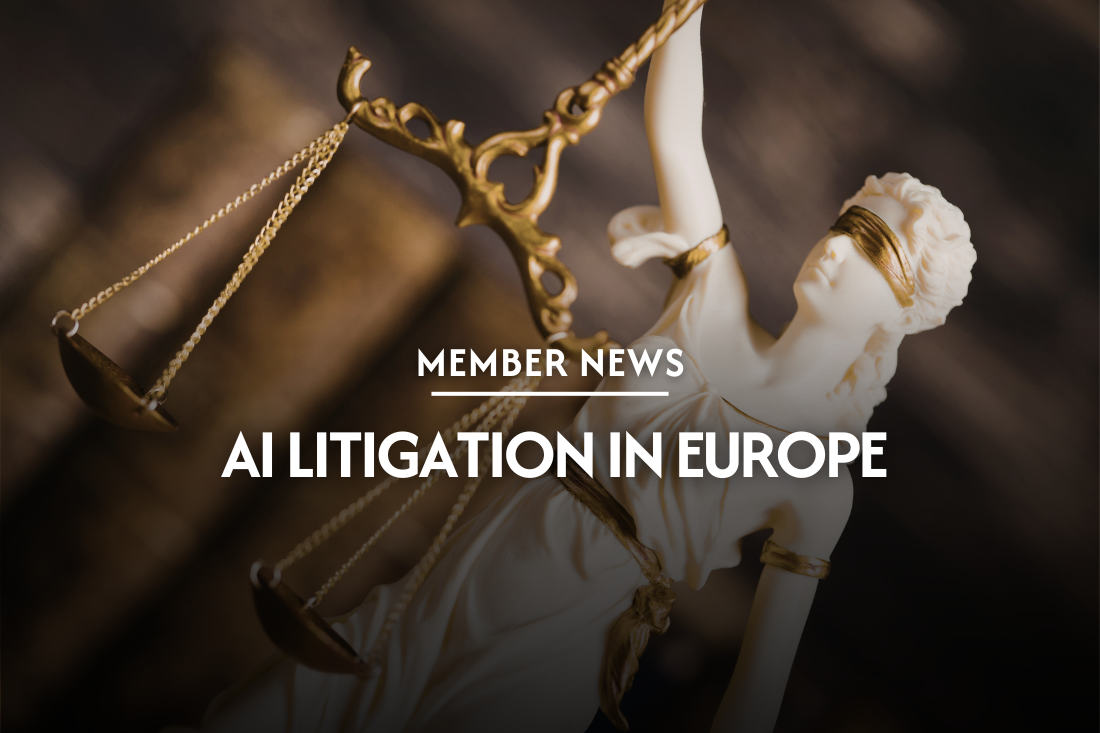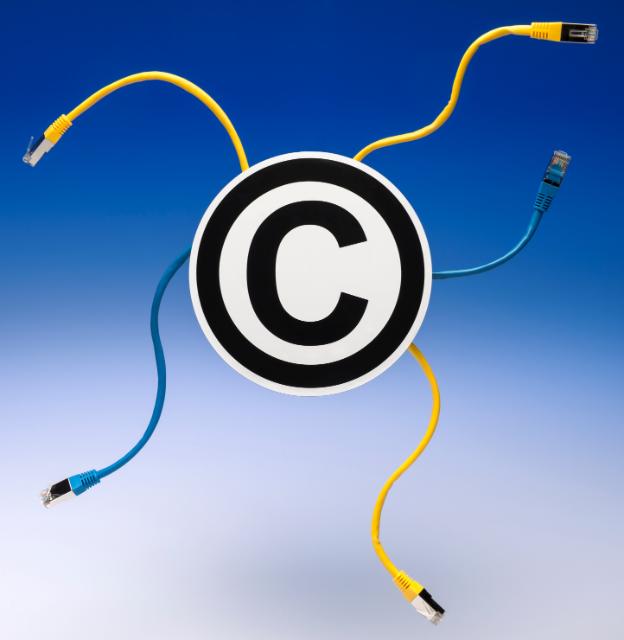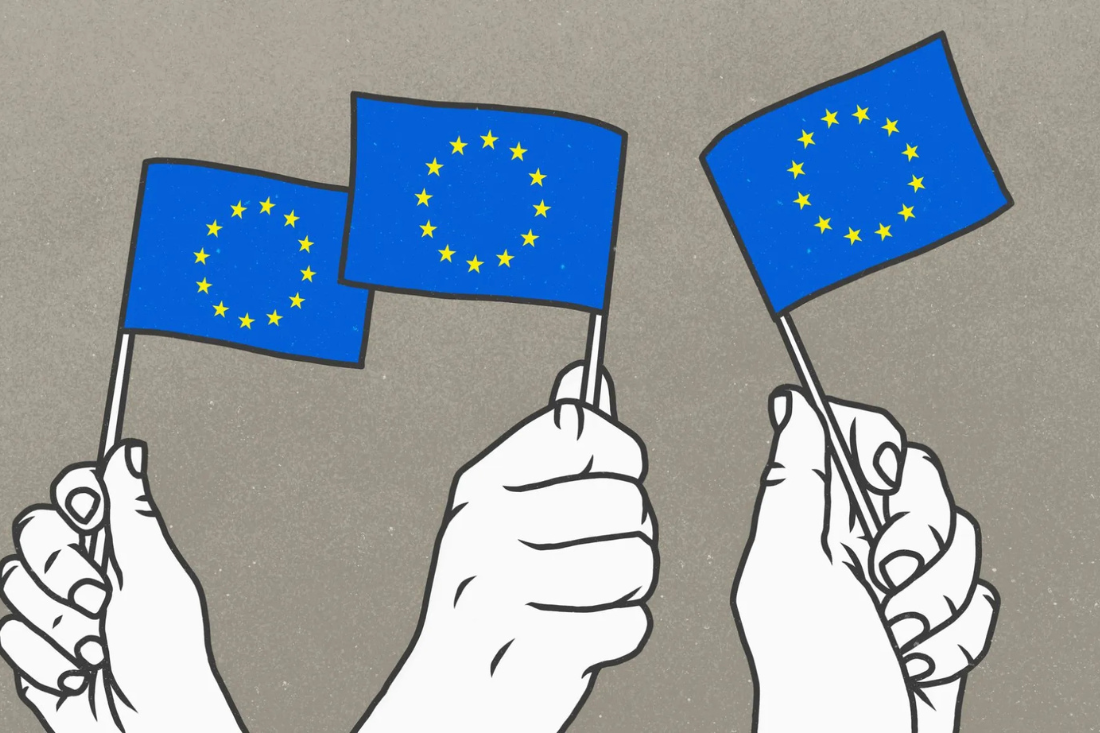Exclusive Content for Members

AI litigation in Europe

Interesting posts in February and March 2026

Advocacy Update

CEPIC EGM: Membership Fees and Budget Approved for 2026

CEPIC Extraordinary General Meeting – minutes and Recording Available

AI Key Reports and Statements Published here

Keeping track of FAIR USE cases in the USA

CEPIC EGM of 15th December 2025 Agenda and Documents

CSPLA, mission output - Questionnaire

EUIPO Copyright Conference 20-21 November 2025

CEPIC EGM 2025: Election Results and Updates

Meeting with Laurent Solly VP of Meta at the Club de l'Audiovisuel in Paris

New, Password-Free Sign-In for CEPIC Members

CEPIC's amendments to Own Initiative Report of MEP Axel Voss

Stakeholder Roundtable on AI and Copyright at the EP

Template for the Public Summary of Training Content for GPAI models published

Guidelines on the scope of obligations for providers of general-purpose AI models under the AI Act

EU General-Purpose AI Code of Practice | Thank You and Code of Practice publication

Distortion of history and AI: a case study

MEP Axel Voss publishes draft own-initiative report on copyright and generative artificial intelligence

CEPIC AGM 2025 - Meeting Recording

Annual General Meeting virtual

CEPIC co-signs CW! Joint Statement on Copyright and General-Purpose AI

All CEPIC's Submissions to GPAI CoP Guidelines Templates Working group 1

Commission sets course for Europe's AI leadership with an ambitious AI Continent Action Plan

ECL Licensing for AI Proposition in Spain

UK lobbying Industry Persperctives

Coalition's Mail EU Ambassador and Deputy Permanent Representative]

